Do vegans eat eggs and are there plant-based alternatives?
They're one of the most nutritious foods on the planet, but do vegans eat eggs?
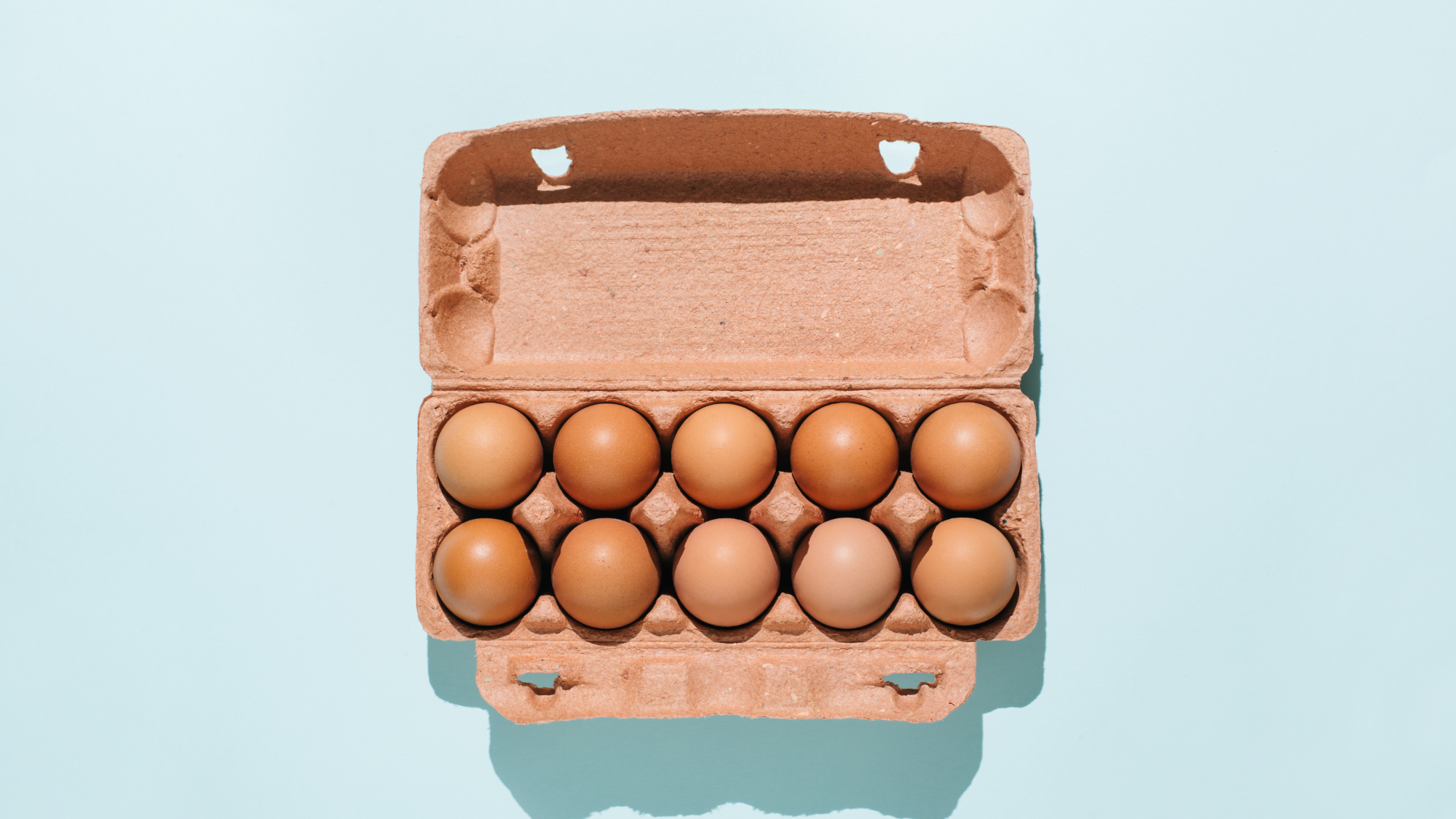
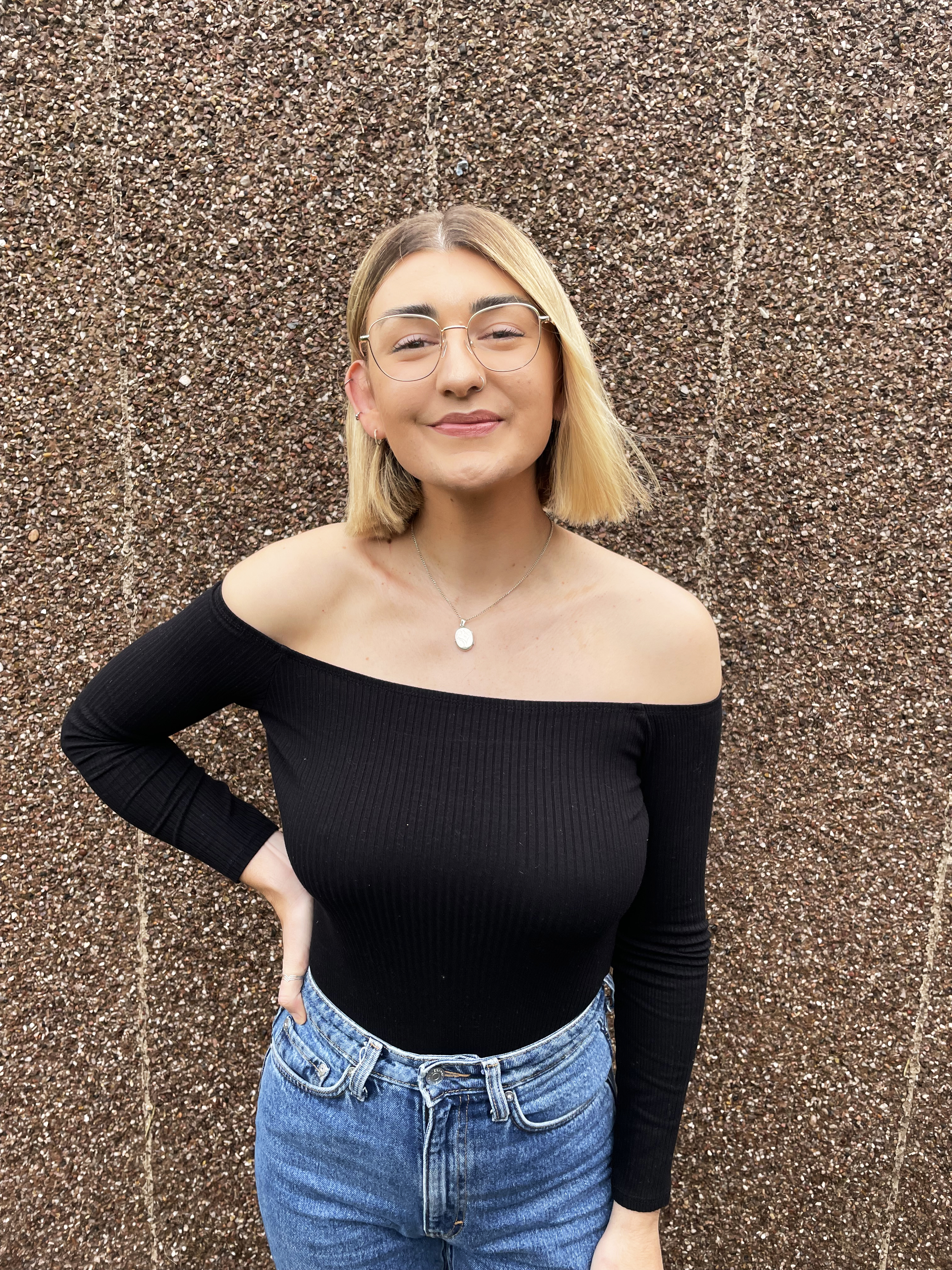
Do vegans eat eggs? It's a reasonable question if you're considering transitioning to a plant-based diet, as you might be wondering precisely what foods are and aren't off-limits.
Whether you like them poached, scrambled, or sunny side up, eggs are a staple food for many, providing a healthy portion of protein, healthy fats, and essential nutrients. Unfortunately, most vegan diets exclude all animal-derived products — eggs included.
So if you want to adopt a vegan diet, eggs are off the menu. Fortunately, you can use the best B12 supplements as an alternative source of this essential nutrient, which is often found in eggs.
Plant-based diets, which have some flexibility, tend to be less restrictive and allow for small amounts of animal products among plant foods. This approach may be better for you if you want to keep eggs in your diet.
To help you decide which diet is right for you, we'll look at whether vegans eat eggs, what you'd miss out on, and egg alternatives for when you're preparing meals with one of the best vegan cookbooks.
Do vegans eat eggs?
According to the Vegan Society, "veganism is a philosophy and way of living which seeks to exclude — as far as is possible and practicable — all forms of exploitation of, and cruelty to, animals for food, clothing or any other purpose."
It adds that in dietary terms, this is " the practice of dispensing with all products derived wholly or partly from animals." So when it comes to eggs, no, vegans cannot eat them. But if you're comparing vegan and vegetarian diets, you'll find that vegetarians can.
Get the Fit&Well Newsletter
Start your week with achievable workout ideas, health tips and wellbeing advice in your inbox.
So what does a vegan diet look like? Alongside eggs, vegans avoid other animal foods, including meat, fish, shellfish, insects, and dairy, while some exclude honey. However, there are plenty of foods that vegans can enjoy. These include fruits, vegetables, nuts, grains, seeds, beans, and pulses.
What are the benefits of eggs?

Eggs are nutritionally very rich, packing in several essential vitamins and minerals the body needs. The yolk of an egg contains fat-soluble vitamins, including vitamin D (which supports a healthy immune system) and vitamin E (for healthy skin and eyes).
It also contains healthy fats (around 5.7g per egg, 1.6g of which is saturated). The egg white is where most of the protein comes from. A large egg contains around 8g of complete protein, meaning it has all nine essential amino acids (the building blocks of protein) that the body needs.
There are many benefits to eating a high-protein diet, one of which is that protein keeps you fuller for longer than carbohydrates or fats. If weight loss is your goal, consuming two eggs for breakfast, made into an omelet with lots of vegetables, may help keep you full until lunch and prevent snacking.
Eggs are one of the best vitamin B12 foods, a vitamin that is essential for energy, making red blood cells, and keeping our nervous system healthy. They are also a good source of choline, a nutrient crucial for healthy memory, mood, and muscle control.
What do vegans miss without eggs?

Sophie is a UK-based consultant dietitian and the Chair for the British Dietetic Association for London. She specialized in gastrointestinal diseases like irritable bowel syndrome (IBS) and was previously a lecturer King's College London.
Sophie Medlin, a registered dietitian at CityDietitians, says that eggs are a fantastic source of nutrition for omnivores. "They contain highly available protein and almost all the essential nutrients our body needs to be healthy," she says.
Medlin says that if her clients eat eggs regularly, they generally don't need to worry about nutritional supplementation, even if the rest of their diet is entirely plant-based.
Similarly, she says, if someone cuts out eggs from their diet but not other animal proteins like dairy and meat, they generally don't need to worry as the nutrients from eggs can be found in other animal-based foods.
However, she says you'll miss certain nutrients if you're looking at how to go vegan and cut out eggs and other animal products. "We need to make sure their diet is suitably supplemented with iron, B vitamins, healthy fats, high-quality protein, and trace elements like zinc," Medlin says.
Are there plant-based egg alternatives?
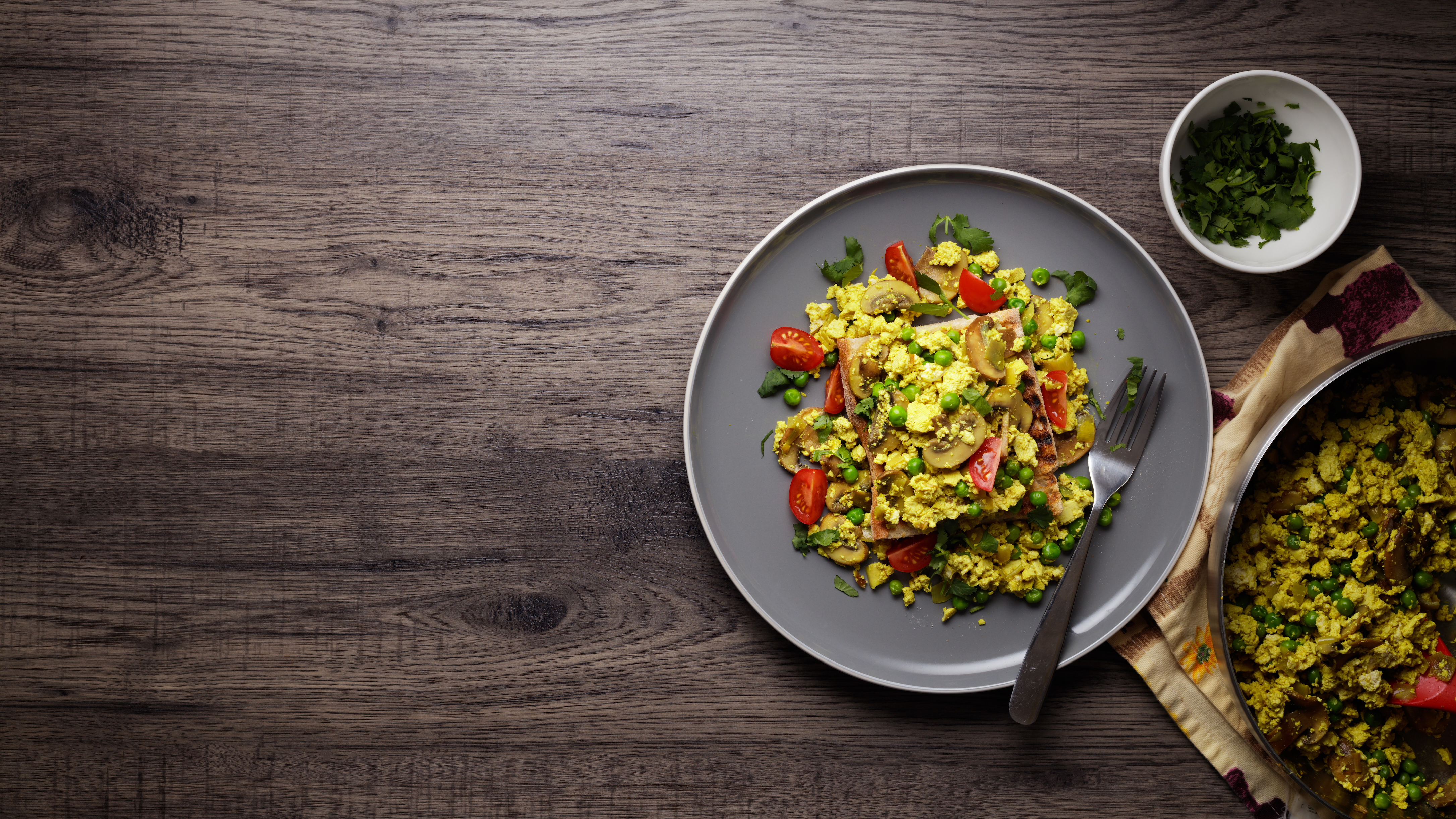
The good news for those ditching dairy and eggs is that loads of great vegan sources of protein can make up for taking eggs out of the diet. "Soya would be ideal as it still contains all the essential amino acids and is easy for us to absorb and use in the body," says Medlin.
"As for the vitamins and minerals eggs contain, these will have to be sourced from multiple food sources, including fortified foods." She also adds that certain nutrients like vitamin B12 are not available on a plant-based diet except as an additive to foods, so dietary supplements may be necessary.
But food isn't just about nutrition. If you're transitioning to a vegan diet and are worried about missing out on some of your favorite egg-based meals, there are many great plant-based options too.
Crumble up half a block of tofu with a bit of turmeric and some chopped veggies for a scrambled egg alternative. Aquafaba, a term for the leftover liquid from cooking beans or legumes, has a very similar consistency to raw egg whites, making it an excellent substitution for many recipes.
And when it comes to baking, apple sauce or mashed banana are often good replacements. Have fun and experiment — at the end of the day, no diet should feel too hard or restrictive, so if you are going to remove eggs from your diet, make sure it's the right choice for you.

Alice Ball is the Health Editor for Future Plc. With more than five years of experience working in health journalism, she's covered everything from why we should 'kill' the calorie, to destigmatizing the menopause. Alice also specializes in nutrition and supplements. She's a self-confessed running fanatic, currently in training for her fifth marathon. She enjoys documenting her progress on her Instagram account, @aligoesrunning. Alice works across a number of Future's sites, including LiveScience and Fit&Well.
-
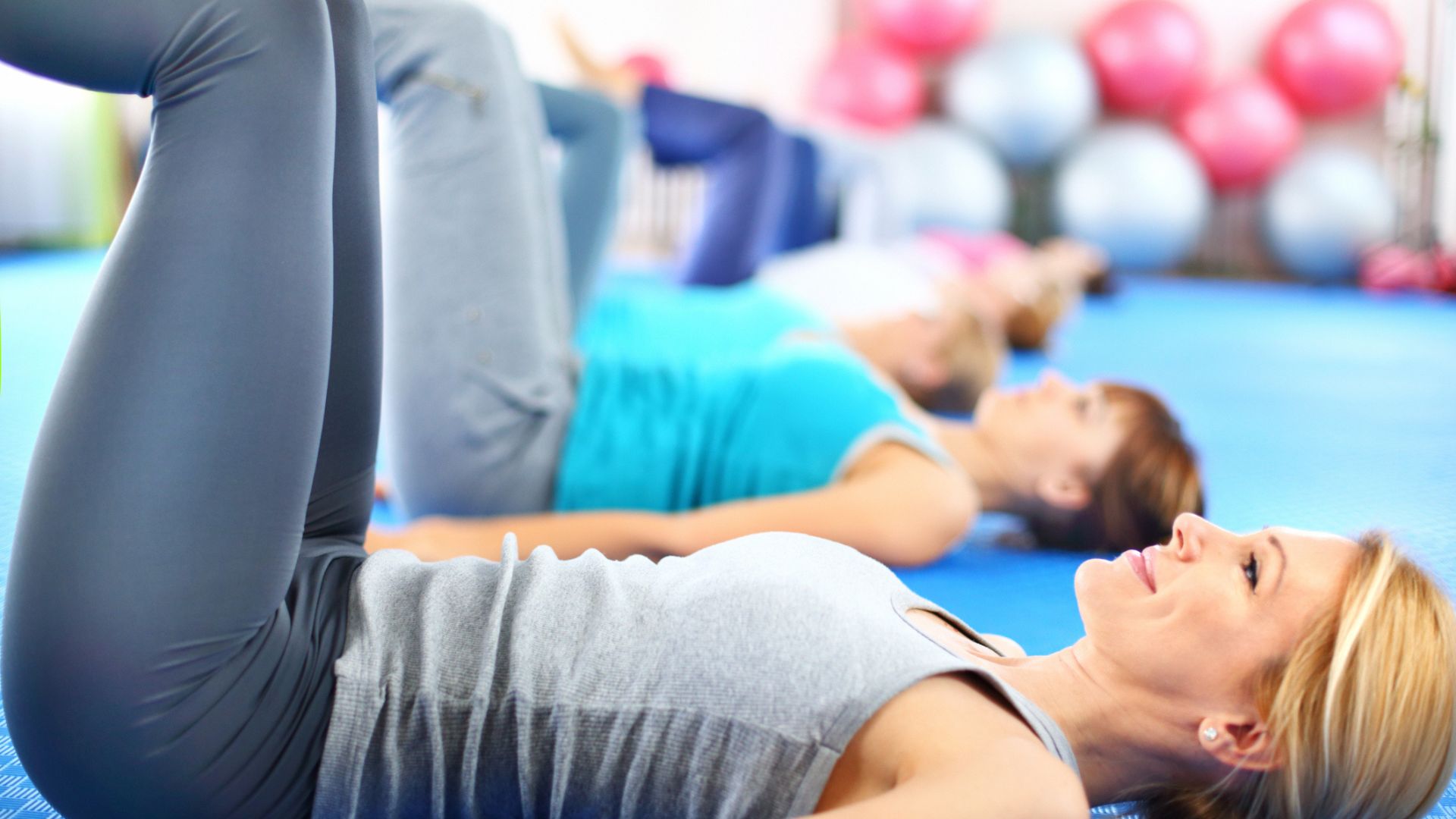 A Pilates instructor says this is the beginner-friendly core exercise everyone should try
A Pilates instructor says this is the beginner-friendly core exercise everyone should tryForget crunches, this is the perfect foundation move
By Alice Porter Published
-
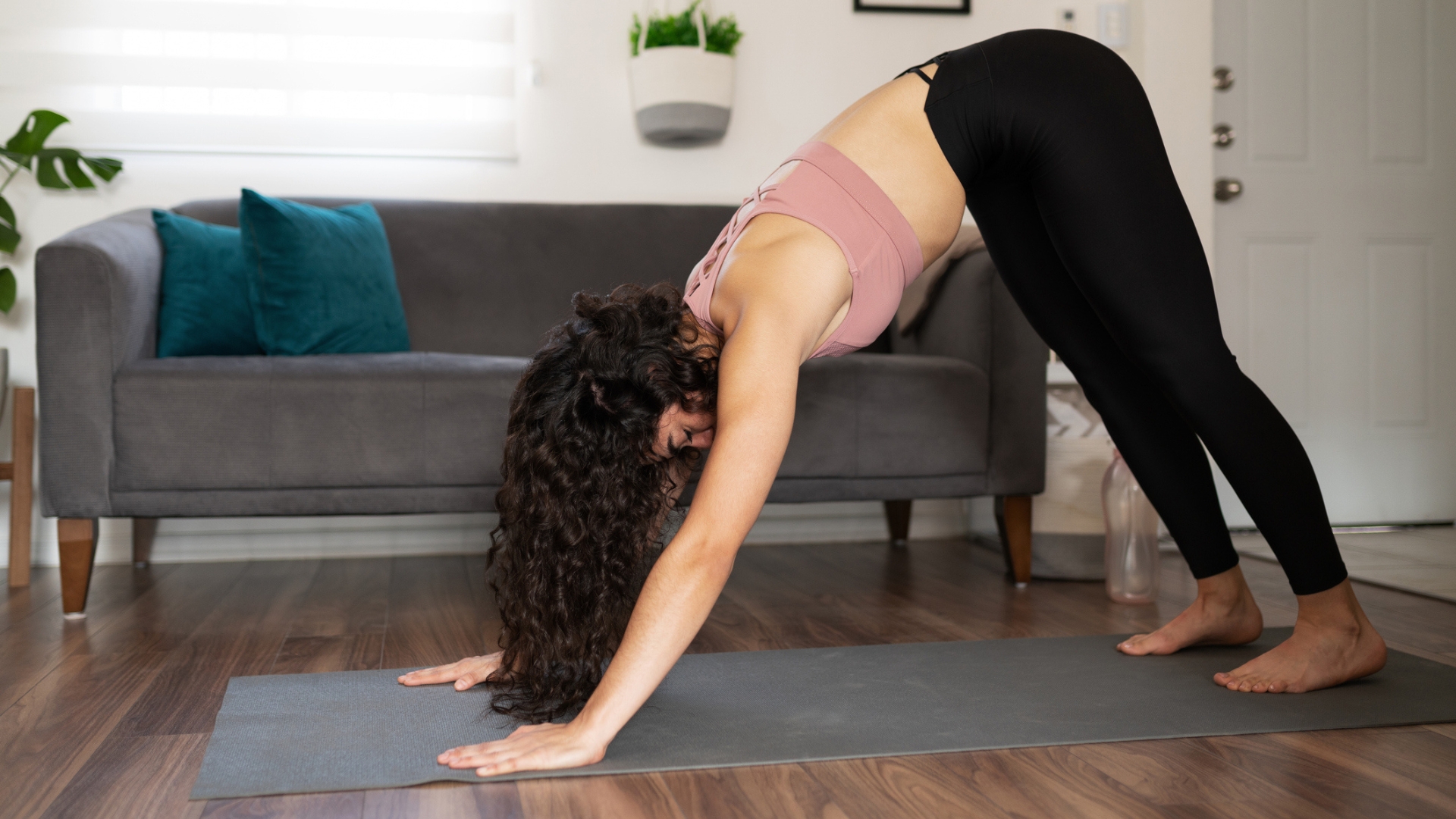 Prevent poor posture and release tension from sitting down with these four simple stretches from a yoga instructor
Prevent poor posture and release tension from sitting down with these four simple stretches from a yoga instructorThe daily poses he swears by, no matter what
By Alice Porter Published